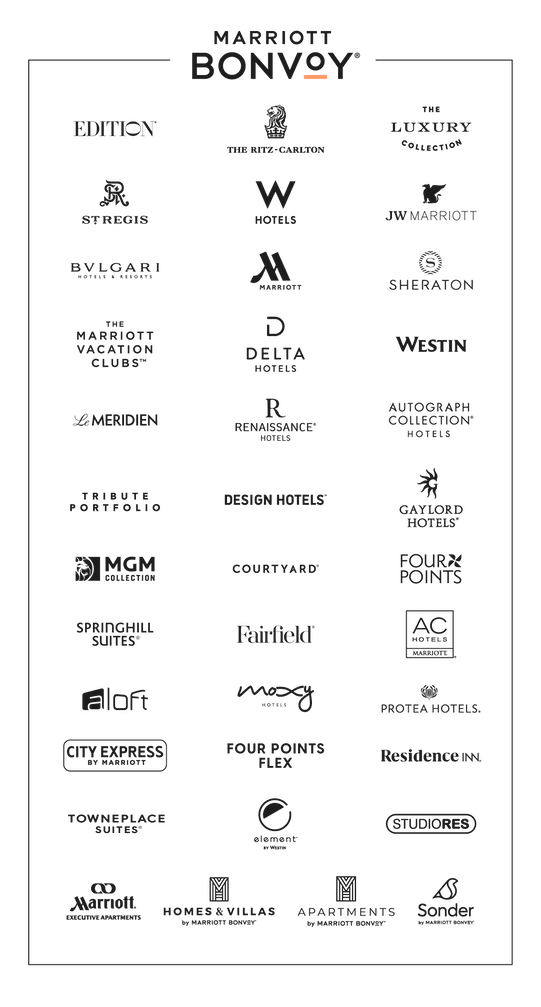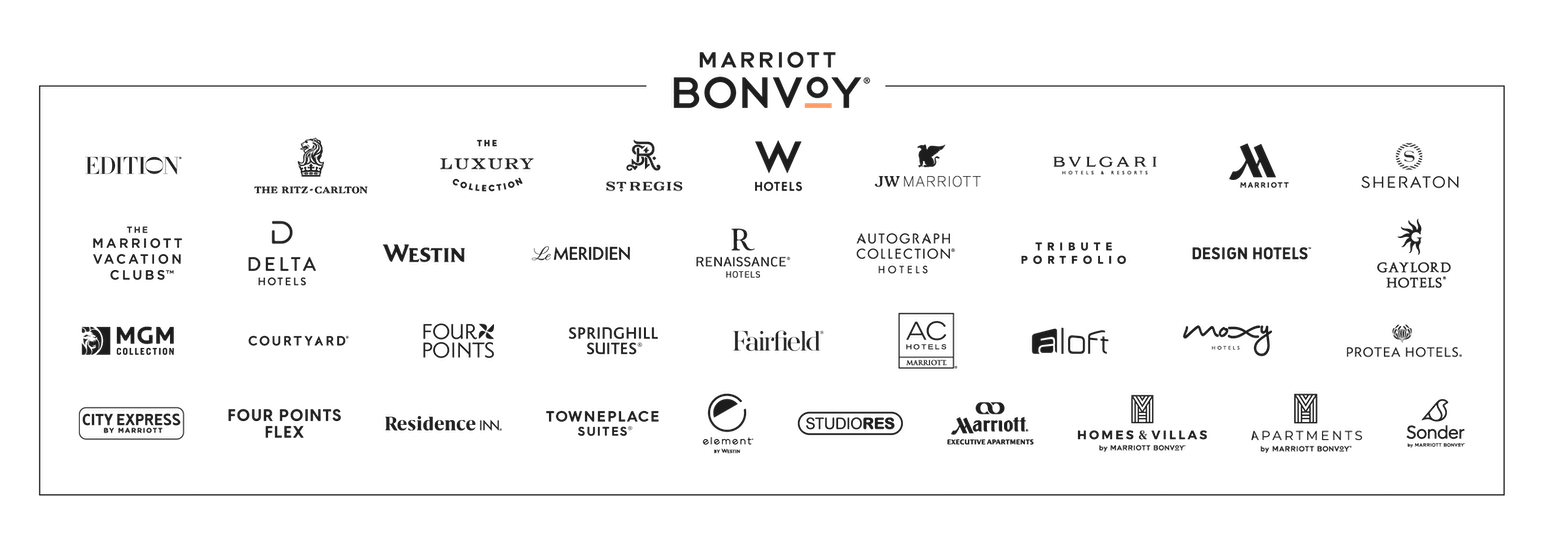Perfect the Art of the #Hashtag
You know what hashtags are, and you’ve used them before, but have you thought of them as a value-add to your events?
Abbey Hudetz, founder of social media, branding and web design agency Oyster Creative, knows to do exactly that. Prior to launching her company, Hudetz worked in hospitality, so she gets events. “If you want conversations online happening about your business, you should be using hashtags,” she says. Hashtags serve as a repository for collecting and accessing all content related to your event—before, during, and after. “User-generated content is gold,” Hudetz says. “It’s like the owned media of the internet.”
But striking gold isn’t as easy as just coming up with a clever tag—in fact, Hudetz says simpler is often better. Read on for some more of her top tips about hashtags.
Think of Hashtags As Keywords
Hashtags can be seen as synonymous with keywords, Hudetz says. If someone is searching for your event online, what terms are they using?
“Make your event hashtag simple, make it the name of the event, make it the year if it’s an annual event, make it the location,” she says. “The less complicated, the better. Because it’s searchable.”
While using keywords in your event’s hashtag will enable people to find it more readily, before you settle on the tag, check to see if it’s being used elsewhere for something unrelated. If it is, go back to the drawing board.
Contemplate Your Hashtag’s Purpose
The hashtag is a tool for you to promote your event, incentivize participation, and collect content, so you really want to own it. Hudetz recommends avoiding frequently used words, such as “expo,” because they dilute the impact of your hashtag, making it harder to own. She suggests asking yourself: “What terms can help me monopolize this space?”
You may think that a catchy phrase or pun is the answer, but Hudetz—who admits she too loves a good pun—warns that this may alienate part of your audience. In other words, not everyone may understand the pun.
“You have to think about your end goal with this hashtag, which is that you want people to post it, and have a conversation around it,” Hudetz says. “You want them to be talking about your event online. Think of it like, ‘What would make this hashtag successful?’ and then ask yourself if the pun is serving that.”
Engage With Your Hashtag
Start by thinking about what hashtag would make you interact with a post, Hudetz says. “I’ll post a story with a hashtag if it means I get a free coffee.” Doing so will help you generate creative ways to incentivize your audience to participate, from giveaways to submitting speaker questions. For example, using a hashtag as the channel for attendees to ask speakers or panelists questions might encourage someone who’s post-shy to use your hashtag.
Planners should also engage with the responses to their hashtag. “Be sure you’re commenting, liking …making your audience feel like it’s part of a community,” Hudetz says.
Part of building this community means engaging with your partners online too. When you start hiring your vendors, introduce them to your hashtag immediately, and lean on them to cross-promote your event. Hudetz suggests hyping each other up online. “Think of [your partners] as your built-in cheerleading squad,” she says. “You all want each other to succeed.”
Return to Your Hashtag Post-Event
Hashtags are not only a great promotional tool, they’re also a treasure trove of user-generated content that planners can revisit to curate articles, social posts, photo galleries, reels from Instagram story highlights, and more.
“Repurposing content from your events is a rich opportunity,” Hudetz says. “Of course you will have photos from your photographer and vendors, but the event photography from the POV of an attendee is so important because social media is, at its heart, about sharing stories.”
And, after your event is over, don’t forget to tap into your hashtag for some self-promotion. Hudetz suggests repurposing content generated via your hashtag to use on your brand page. Collect assets that used your hashtag—say, a collection of speaker questions, or a roundup of tweets or Instagram posts—and use them to create a gallery of posts that show your chops.
“In event planning, galleries are everything. It’s how you sell your services,” Hudetz says. “People want to see what you’re capable of. They also want to see what your event looks like, and its hype in its fullest form.”

